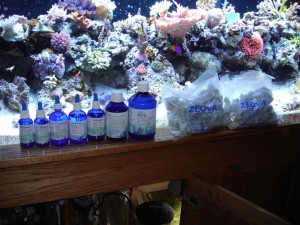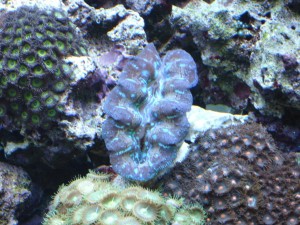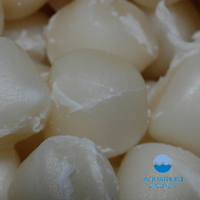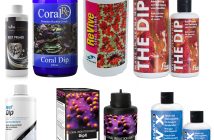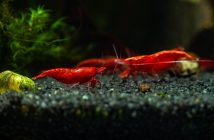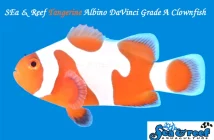With aquarium filtration becoming more advanced, a lot of reef aquariums are beginning to run extremely low nitrate and phosphate levels. Protein skimmers, bio pellets, chemical additives, and large/frequent water changes are doing what they are intended to do (e.g. remove dissolved organics), but are some aquarists going too far? Natural seawater does have detectable levels of the elements and compounds we strive to remove from our tanks, yet almost every piece of equipment and bottle of additive focuses on completely stripping your water of these substances. Most aquarium keepers will never run into this problem, but the complete lack of nutrients can be somewhat harmful to a full blown reef aquarium.
Continue reading below for my personal experiences with nitrogen and phosphate deprived reef systems.
Corals and invertebrates rely on substances in the water, both dissolved and not, as part of their nutritional intake. Some corals ingest large particles, while others filter feed on microscopic organisms suspended in the water. Some animals even consume molecules such as nitrate and phosphate. These are mainly bacteria, but Tridacnid clams and Zooxanthellae algae are also known to take in nitrate. Zooxanthallae, if you’re not familiar, live in coral tissues and give the corals their colors. They also provide about 90% or more of a coral’s food via photosynthesis, depending on the coral species of course. If these animals don’t get enough nutrients, they could potentially starve.
Luckily, most aquarium keepers will never run into this situation. In fact, they have the opposite problem. Uneaten fish food, fish poop, salt mixes, and additives are all sources for the nutrients that feed our reefs. But reef keepers who utilize multiple forms of filtration may encounter these issues. From a personal scenario, I experimented with a full-blown ZEOvit system and noticed that the corals became more sensitive to small changes. Replacing bulbs, a regular task that didn’t normally affect the corals so much, became a very nerve racking ordeal. The corals would instantly respond in a manner that I didn’t feel comfortable with (fading coloration, retracted polyps). Returning the aquarium back to elevated levels of nitrates and phosphates, I noticed the corals became less sensitive to external factors.
In leaving, I wanted to make sure that the readers don’t misunderstand me. I am not advocating that you stop trying to achieve “clean” aquarium water, but do be careful when using multiple forms of aquarium filtration. Sometimes we can overdo things, however it’s unlikely to occur with the standard equipment on the normal reef aquarium.


